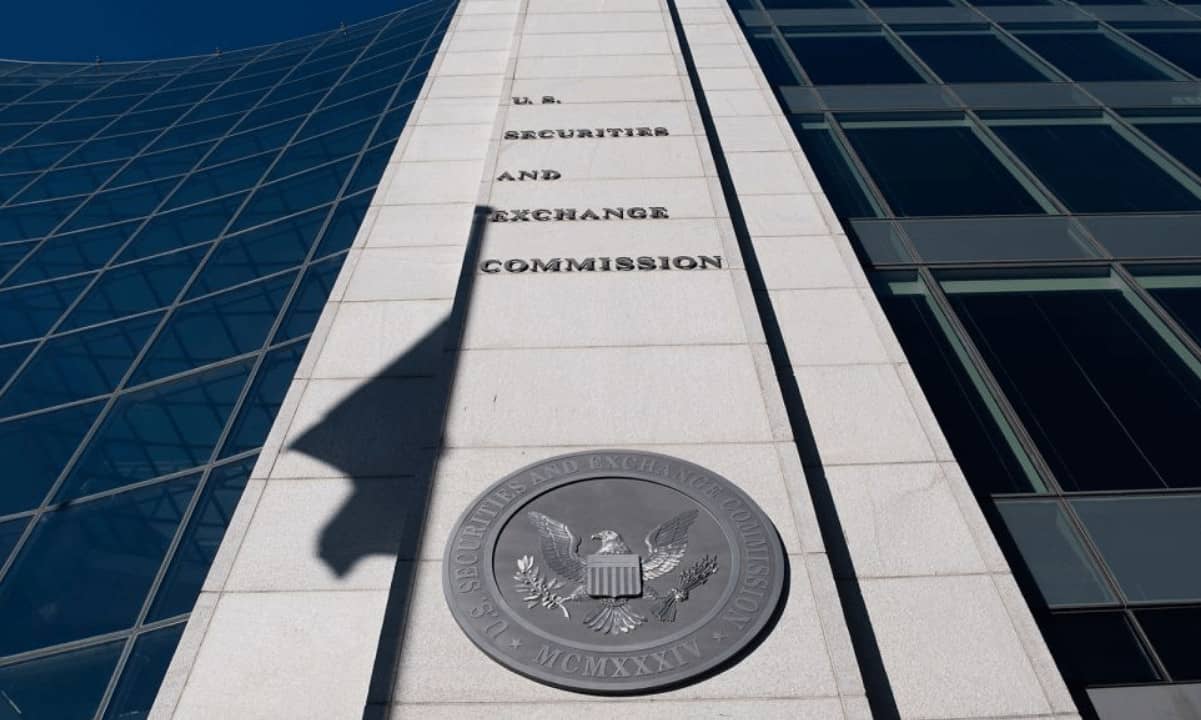Donald Trump sued The New York Times, four of its journalists, and book publisher Penguin Random House for $15 billion in damages in a defamation lawsuit. The lawsuit, filed Monday in a federal court in Florida, alleges their stories intentionally damaged his reputation and one of his major businesses, the $TRUMP cryptocurrency token.
In the complaint, Trump charges a sustained attempt by the Times and its reporters to take him down through what he describes as malicious and false reporting. The case identifies a book titled Lucky Loser: How Donald Trump Squandered His Father’s Fortune and Created the Illusion of Success, written by Times reporters Susanne Craig and Russ Buettner.
And published by Penguin Random House. Trump’s attorneys contend that the book, as well as accompanying articles questioning his business history and connections between the $TRUMP token and Chinese crypto mogul Justin Sun. Which is unfairly injured both his reputation and his cryptocurrency venture.
It responded by rejecting the allegations, referring to the suit as meritless. “This lawsuit has no merit. It has no legitimate legal claims and is instead an effort to discourage and stifle independent reporting,” the paper stated. By promising to keep fighting for press freedom.
The legal action comes as the $TRUMP token suffers significant losses. Figures from CoinMarketCap indicate the coin has plunged almost 88% from its all-time high of around $75 to around $8.50. This is giving it a market capitalization of $1.7 billion. Trump maintains that negative news coverage directly contributed to the losses.
It is a decline notwithstanding, Trump’s individual fortune has increased due to other crypto-related businesses and investments. Trump’s sons, Eric Trump and Donald Trump Jr.. They have diversified their engagement in blockchain ventures, highlighting the family’s continued thrust into digital assets.
Source: https://thenewscrypto.com/trump-sues-new-york-times-for-15b-says-reporting-hurt-trump-token/



